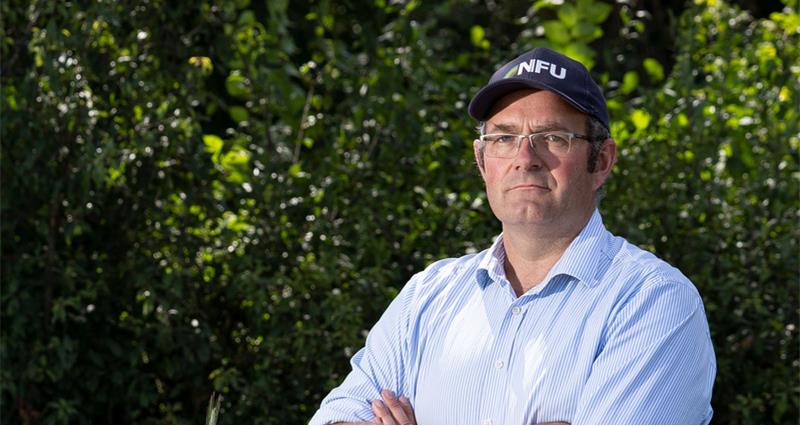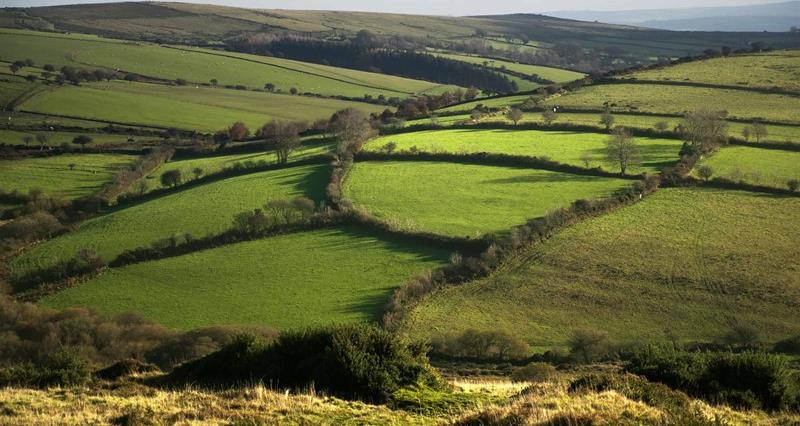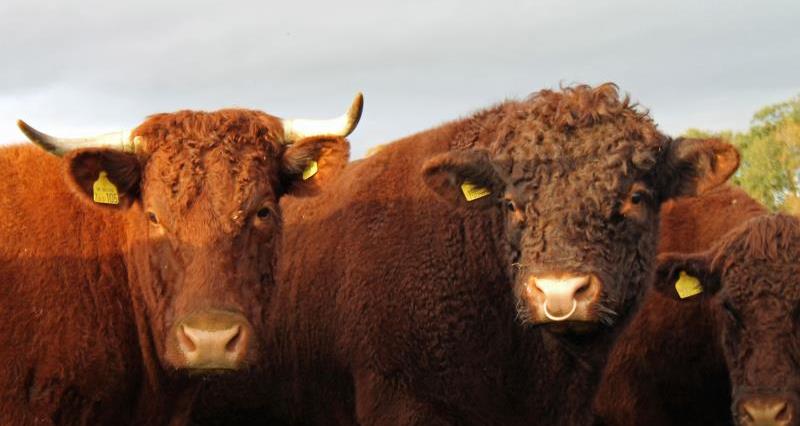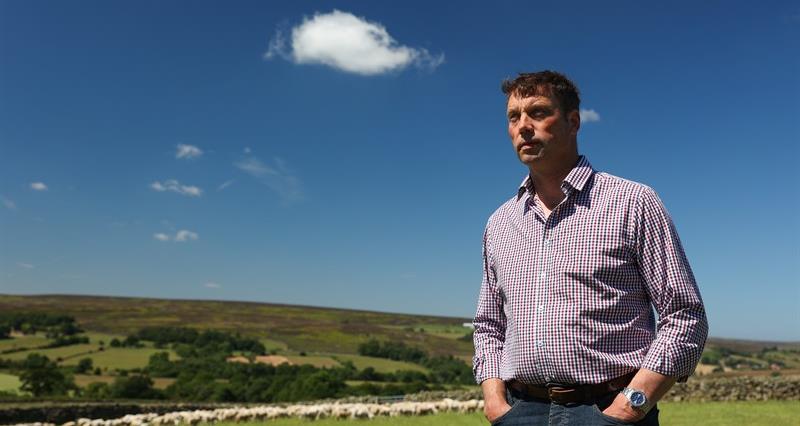The article, ‘Halve meat consumption to protect plant, urge scientists’, refers to new research published in the journal, Nature Communications, which forecasts that “a 50 per cent reduction in overall meat and dairy consumption could lead to a 12 per cent reduction in the amount of land used for farming by 2050”.
The research team included three people who had been or who are employees of Impossible Foods, a company that develops plant-based substitutes for meat products.
We have written to The Times to explain the complexity of food production and to highlight the sustainable farming systems in the UK.
Read the letter below:
To the editor,
I don’t think people should be told what they should and shouldn’t eat. I do think we should be clear about how complex food production in the climate change challenge is, particularly when many meat-free alternatives are highly processed and energy intensive. This wasn’t addressed in your article about the study – which included researchers from a plant-based food company – suggesting people halve their meat consumption.
Looking at where and how our food is produced can enable us all to lower our carbon footprint while supporting British farm businesses. At the NFU we are driving forward an ambition toward net zero British agriculture by 2040.
If people choose to eat meat, they can be assured that British farmers produce some of the most climate-friendly food in the world, working with mainly grass-fed systems. The independent Climate Change Committee show that emissions from UK beef are already less than half the global average.
With such sustainable farming systems in the UK, we should be looking to export more British beef, lamb and dairy abroad to countries that don’t have the ability to produce to the same levels of sustainability.
People can be confident that if they wish to make a sustainable food choice, they can do so by looking out for British produce with the Red Tractor logo on it.
Tom Bradshaw
NFU Deputy President



